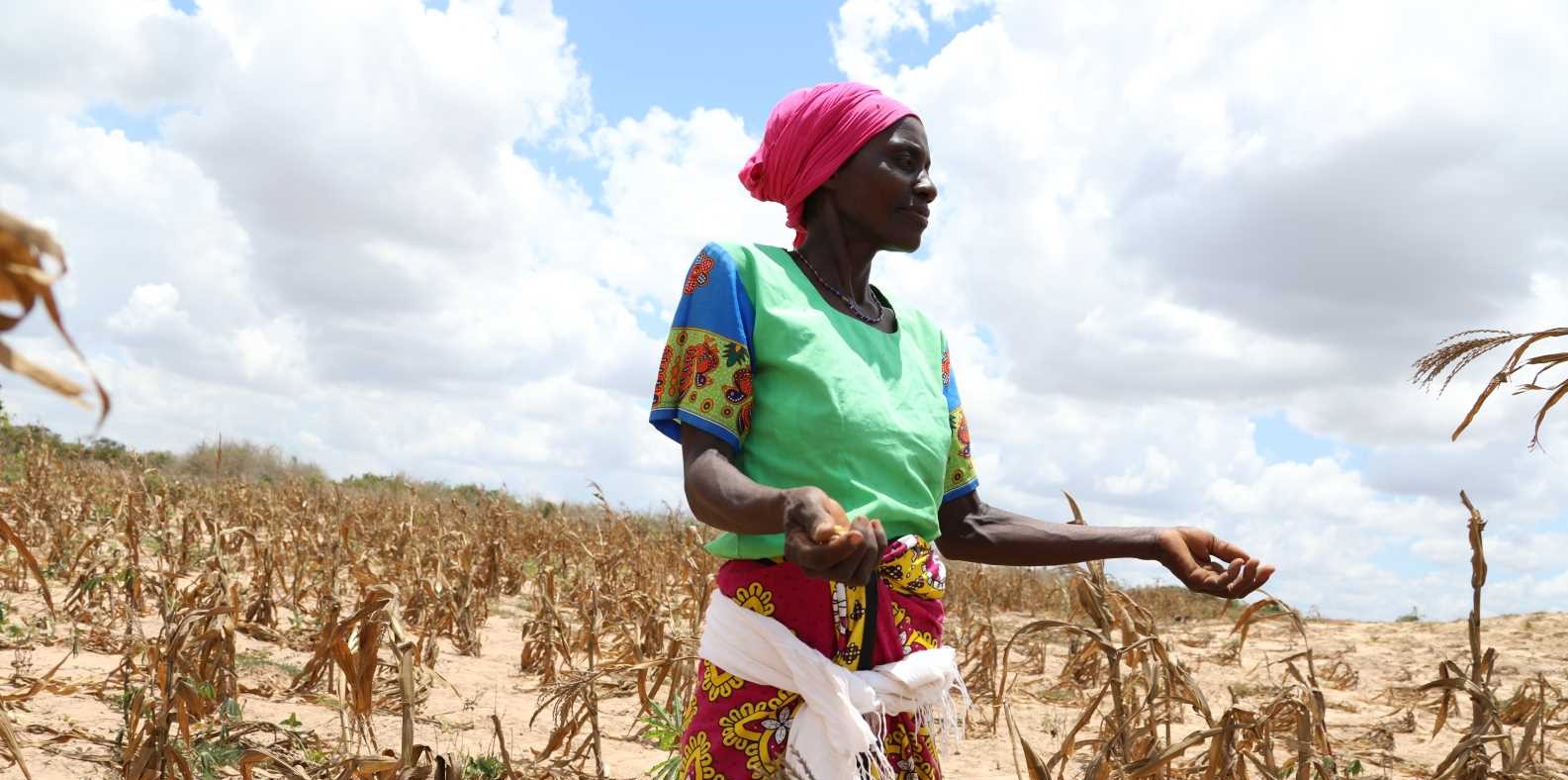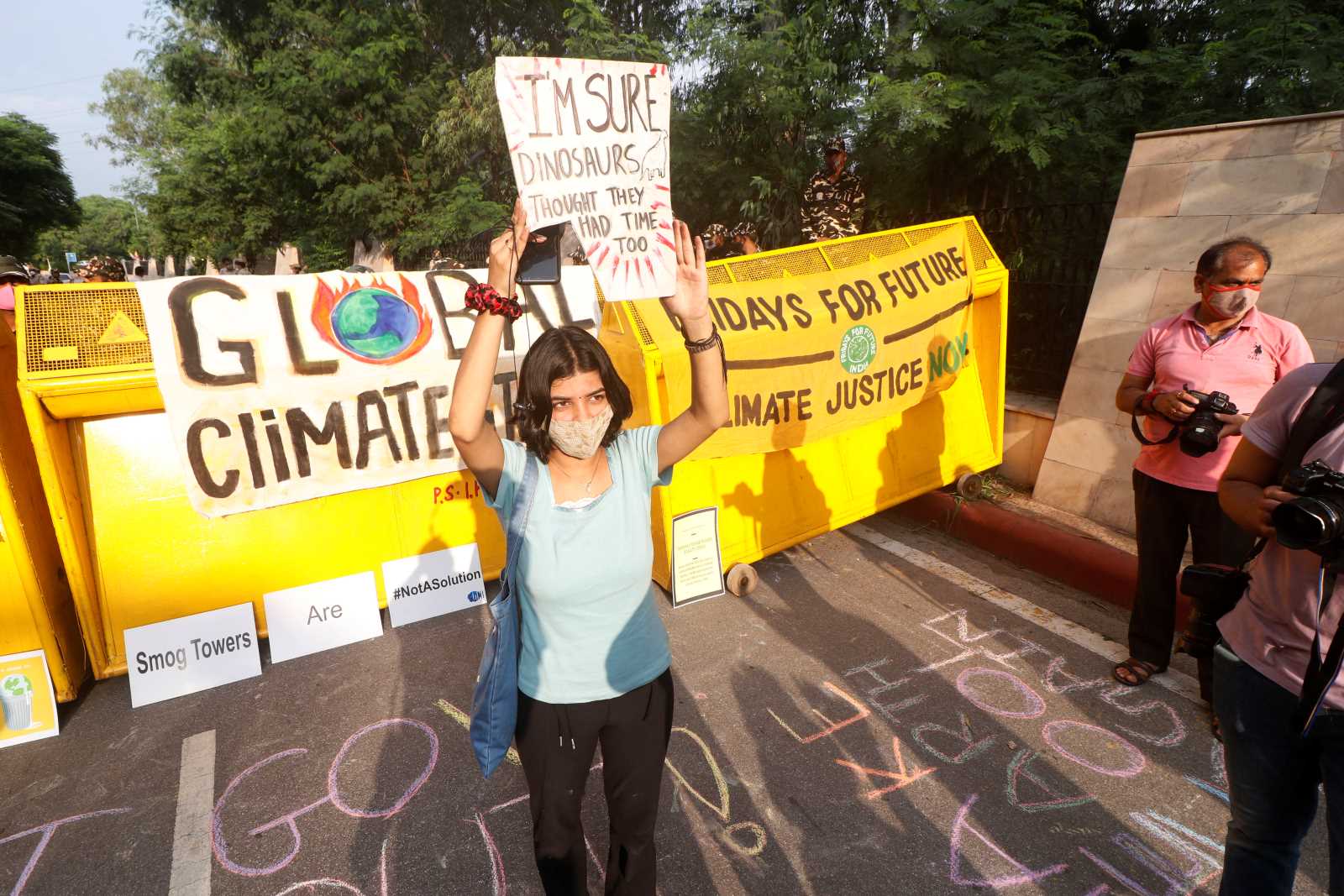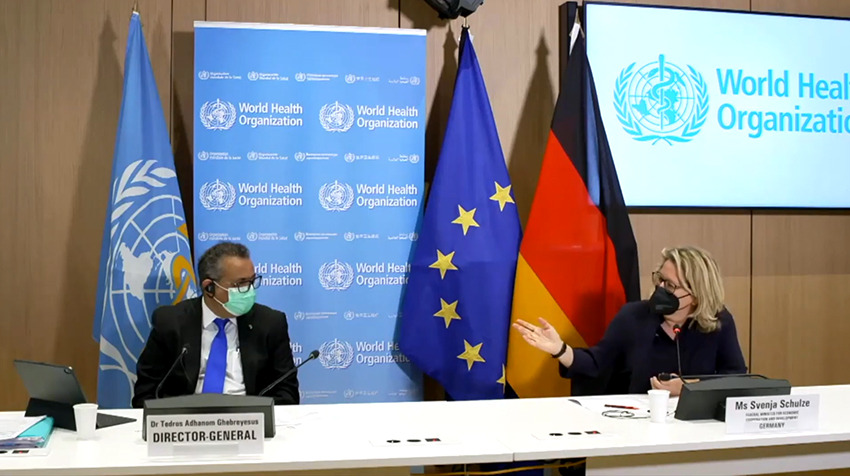SDG finance
Carbon pricing for sustainable development

Many developing countries subsidise fossil fuels, thus encouraging wasteful consumption and hampering sustainable development. In some cases, such as Libya and Iran, such expenditures amounted to almost one fifth of GDP in 2014, according to the International Energy Agency.
Such harmful subsidies should be discontinued everywhere, a team of German scholars argues. Instead, it would make sense to put a price on carbon emissions that is consistent with the goal of the Paris Agreement to keep global warming below 2 degrees Celsius. Lead author Max Franks and other scientists from the Potsdam Institute for Climate Impact Research (PIK) and the Mercator Institute on Global Commons and Climate Change (MCC) reckon that fiscal reforms of this kind in a number of countries would suffice to generate a large share of the public funds needed to implement the 2030 Agenda. For example, Vietnam, Bangladesh and Pakistan could fund between one quarter and one third of the measures needed. According to the scholars, India could even cover 95 % of its requirements this way. In some countries simply cutting the subsidies would suffice – for instance in Cape Verde and Egypt. In the years 2012 to 2015, the government of Cabo Verde spent as much as an annual $ 700 per capita on fossil fuel subsidies.
At the third UN conference on Financing for Development in Addis Ababa in 2015, the international community agreed to use all available financing options for sustainable development. Nonetheless, the Addis Ababa Action Agenda fell short of a binding commitment (see comment by Bernd Bornhorst in D+C/E+Z e-Paper 2015/08 p. 43). Three years later, financing gaps are still huge. The new study points out that developing countries will have to bear the primary costs of the SDG agenda. It concludes: “Domestic resource mobilisation, in particular by raising tax revenues, will thus play a central role.”
The UN Sustainability Development Solutions Network (SDSN) estimates that the lower- and lower-middle-income countries together will need $ 1.5 trillion per year to achieve the SDGs by 2030. The extent to which climate-related levies can contribute to the fundraising depends on a variety of factors and differs greatly from country to country. Some sectors are more suitable for private-sector engagement than others. For example, private companies are more likely to make a difference in terms of infrastructure and food security than in the areas of public health or the protection of biodiversity.
According to the PIK-Mercator study, the need for public funding is particularly great in low-income countries. The authors write that countries like Myanmar, Ethiopia, Eritrea, Burundi, Chad and Somalia offer only scant opportunities for private SDG financing. In these places, carbon pricing could be an interesting policy option.
The authors concede that the proposed reforms will be politically challenging. Moreover, not all revenues will be fully available for SDG purposes. One reason is that those who are negatively affected by carbon pricing will have to be compensated.
The experts insist, however, that successfully implemented, carbon pricing could have positive side affects. It would boost the efficiency of the tax system in countries with large informal sectors, for example, because taxes on energy are much more difficult to evade than taxes on labour or capital. The authors support a global development policy that emphasises local capacity building, including in terms of tax administration. They point out that “if such a policy succeeds on the national level, a common commitment to carbon pricing might also be achieved internationally.”
Source
Franks, M. et al., 2018: Mobilizing domestic resources for the Agenda 2030 via carbon pricing. Nature Sustainability, Vol. 1, July 2018, 350-357.
https://www.nature.com/articles/s41893-018-0083-3














